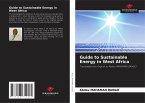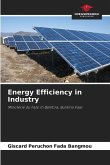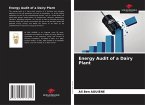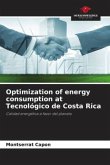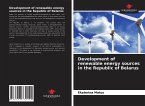The oil shocks of 1973 and 1979 marked an important step towards an international awareness of the burden of the energy bill on the economies of the world's countries. A new concept was born: the control of energy consumption or energy efficiency. From the Rio Conference in 1992 to the World Summit (COP 22 in Marrakech) in 2016 on global warming, there is always a question of the need to undertake actions aimed at energy efficiency. "Internationally, climate change is considered the greatest environmental and economic challenge facing the world today, a challenge requiring action on many fronts" [2]. In sub-Saharan Africa the rate of access to electricity for populations is 44.6% in 2017 [1]. In Burkina Faso, the national electricity coverage rate is very low, 36.08% in 2017 [13]. National consumption is essentially based on imported energy via interconnection lines and national production whose primary source is essentially imported, particularly diesel.
Bitte wählen Sie Ihr Anliegen aus.
Rechnungen
Retourenschein anfordern
Bestellstatus
Storno


